
What’s your message?
In this post I am asking "What's your message?". This is about teachers' behaviours and attitudes and how students perceive these.
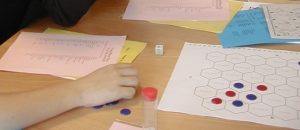
Playing games in lessons
Games are often used as motivators in lessons, but games shall not become the main focus. We are teachers and learning needs to be central to lessons.
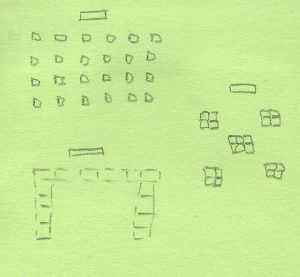
Classroom management
The classroom is a place where learning happens and should be encouraged, therefore classroom management relates to the strategies a teacher can use to organise students' learning. According to Garrett (2015) classroom management can be considered in five categories: behavioural management and discipline, the layout of a classroom, rules and routines, the relevance of relationships and the importance of instruction. Good classroom management is proactive and about the students' learning.
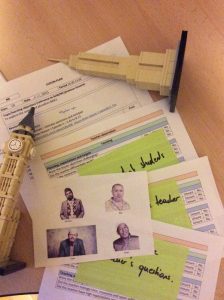
Challenging students
I believe in challenging students and having high expectations of everyone in the classroom. This is coupled with appropriate support and guidance. However, challenging pupils is not an easy task and must be planned for meticulously.

Teaching with artefacts
Artefacts can be used to get students interested in a lesson, but artefacts can do more than just represent an engaging hook. In this post I am discussing the use of artefacts in lessons based on questions that I have been asked in teacher training sessions.
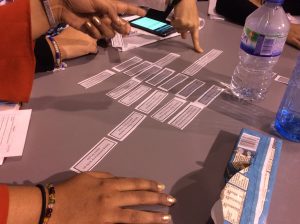
Plagiarism workshop resources
Download some resources for a plagiarism workshop from here.

Lesson planning: The hook, a good starter
It may look simple to deliver the hook but in reality planning for the hook should not be underestimated, after all you need something very catching to get your students' attention so they become interested in your lesson.
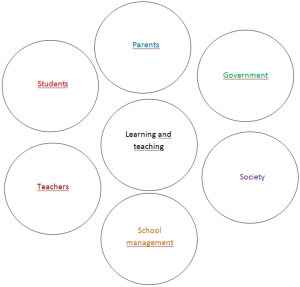
The educational context
In teacher training there is a heavy focus on the educational context, but does the educational context really matter? Or is there a danger in being too reliant on statistical information relating to the educational context, in which we operate?
Which kind of teacher are you?
The result of a wide-ranging study provides an insight into the kind of teacher you may be. According to the findings there are four major types of teachers: the idealist, the moderate, the practitioner and the rationalist.
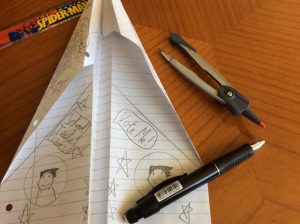
Manage behaviour in lessons
One of the most daunting aspects for new teachers is to manage behaviour in lessons. The dynamics of the classroom and the teacher's personality are probably key to how much classroom management you will need to do and which strategies you can use. However, there are some basic rules that you should consider and that will help you manage behaviour in your lesson.
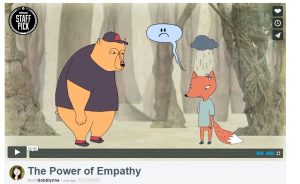
Teaching empathy
Teaching empathy is crucial if students are to understand empathy as a concept in order to be able to demonstrate historical empathy, for example. Here is a useful resource.